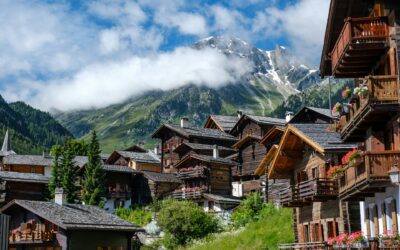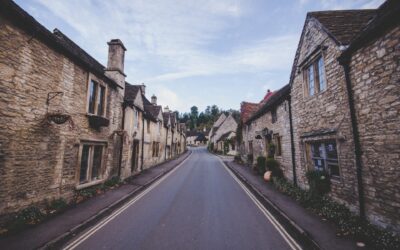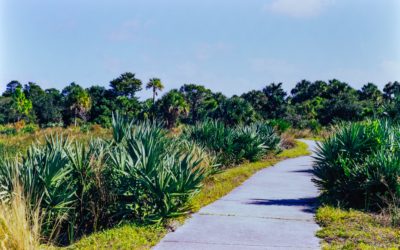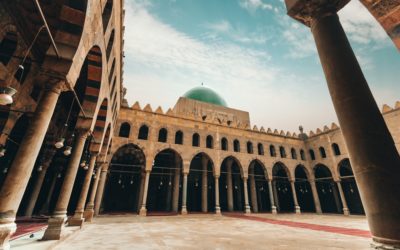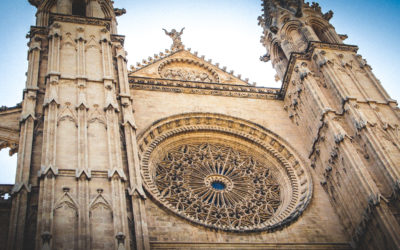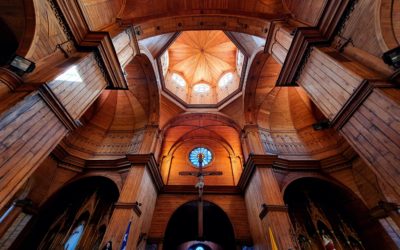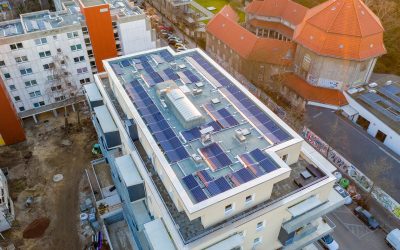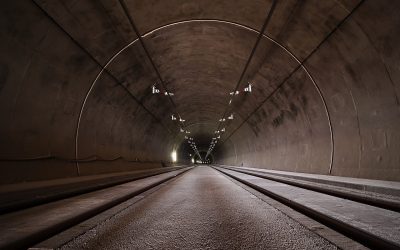cartif projects
RURITAGE
Rural regeneration through cultural and natural heritage (CNH)
Description
RURITAGE enables rural regeneration through cultural and natural heritage (CNH). Rural areas in Europe embody unique examples of cultural and natural heritage, which not only need to be saeguarded but also recognized as drivers for sustainable development.
RURITAGE has selected 13 rural areas as Role Models, i.e. successful cases regenerated thanks to CNH in 6 Systemic Innovation Areas (SIA): Pilgrimage, Resilience, Local Food, Landscape, Management, Migration and Art & Festivals. Best practices are analyzed to be transferred to 6 Replicators, representing rural territories that are building their own heritage-led regeneration strategies, but need to improve their skills, knowledge and capacity building.
Objectives
- Increase knowledge in heritage-led rural regeneration based on gathered practices.
- Implement large-scale demonstration projects in 6 Replicators.
- Monitor the performance and provide evidence of deployed regenration strategies.
- Establish a participatory decision-making process to foster innovation and a sense of ownership and responsibility of rural communties.
- Increase local employment and competitiveness, new skills for CNH management for enhacing visibility and attractiveness.
Actions
- Foster mutual learning, networking and exchange of information & practices through a knowledge transfer and mentoring programme involving local stakeholders.
- Mobilise and leverage additional private and public investments, including structural funds, using available resources and assessing ways to tap into new funding sources.
Expected Results
Within RURITAGE, each Role Model and Replicator has established a so-called Rural Heritage Hub. The hub is the community of local stakeholders and a physical meeting place where co-creation takes place. It is a living lab where stakeholders and inhabitants cooperate for developing new heritage-led regeneration strategies for their territory.
Partners
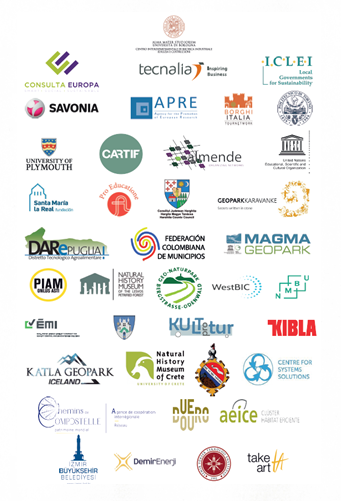
H2020
H2020-SC5-21b-2017
No. 776465

Budget: 9,975,651.25 €
Duration: June2018-May 2022

Team
Francisco Barrientos
Division of Industrial and Digital Systems
Networking
Cultural Heritage Projects:
iPhotoCult
iPhotoCult has as objective to design, develop and validate innovative and sustainable photonic solutions for the preservation of Cultural Heritage. These solutions, applicable on remote or in situ, include advance diagosis tools and a platform of services on the cloud that allos the precise monitorization of buildings, monuments and artefacts
RURBANIVE
RURBANIVE will establish a novel rural/urban innovation framework, supported by technical and social innovations to enhance territorial governance and existing policy tools.
RURACTIVE
RURACTIVE encourage a just and sustainable transition of rural areas through intelligent solutions, lead by the community, tailor-made, based on the local and inclusive inside the multi-stakeholder rural innovation ecosystems at 12 pilot areas (Dynamos, Ds).
SRURAL
SRURAL aims to investigate and advance in recognized disruptive technologies (cognitive computing, edge computing and dynamic geo-information), in addition to demonstrate their application in our natural spaces and their extensive cultural heritage (cultural landscapes as a whole), in such a way that causes a real transformation of the territory providing practical ways of proceeding with management
TExTOUR
TExTOUR mobilizes 18 partners, represented in the quintuple social innovation helix (knowledge, business, society, government and entrepeneurs) to co-design, validate and upscale to various levels, policies and strategies with positive impact on the socio-economic territorial development based on cultural tourism.
ITEHIS
Inovative and digital technologies to proceed to the technical inspection of historical buildings for public or private use. The methodology proposed is based on the HBIM (Heritage BIM) paradigm
INSITER
INSITER eliminate the gaps in quality and energy-performance between design and realization of energy-efficient buildings based on prefabricated components.
SHCITY
SHCITY addresses the innovative challenge of creating a unique tool to manage historic urban centers and facilitate the work of the competent authorities in decision making. SHCITY will integrate data collected by sensor networks with artificial vision and 3D scanning technologies deployed in the urban area (Ávila), in order to respond to conservation, security, energy efficiency and tourism needs.
RENERPATH-2
The goal of the project called “Energy Refurbishment Methodology for Heritage Buildings” (RENERPATH-2) is to establish a specific European pre-normative, focused on the energy refurbishment of heritage buildings, whether public or private use, in parallel with the newly constructed buildings law.
INFIT
In INFIT, automatic data capture systems have been developed to obtain an accurate and objective image of the tunnel surface.
SITEER
Currently, inspections of road and rail tunnels are carried out manually. CARTIF and Geocisa have studied how to implement technologies that allow inspecting automatically tunnels to achieve its preventive maintenance, developing a system which is able to organize the collected data.
PAVIREX
The PAVIREX project, “New safer pavements in extreme temperature conditions”, was co-financed by the Ministry of Science and Innovation and FEDER Funds, through the INNPACTO 2011 call. The consortium of the project is formed by CARTIF, Grupo Campezo, Euroestudios , Proas (Cepsa), Eiffage, the University of Oviedo and the University of the Basque Country.
RENERPATH
This project, which was developed between 2011 and 2013, established an energy rehabilitation methodology based on novel and non-intrusive techniques for the energy analysis applicable to public and private heritage buildings.

